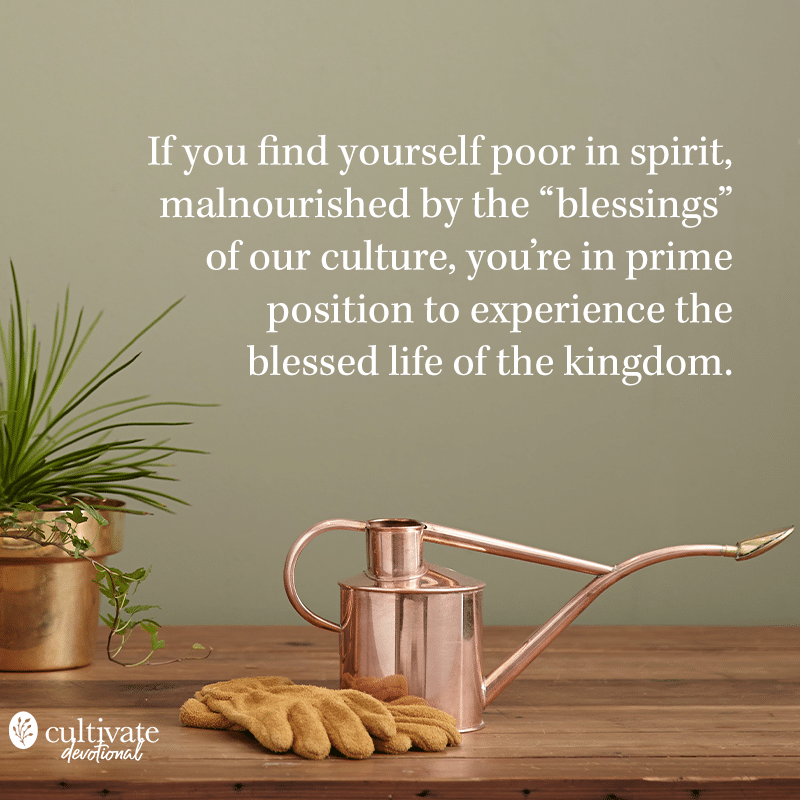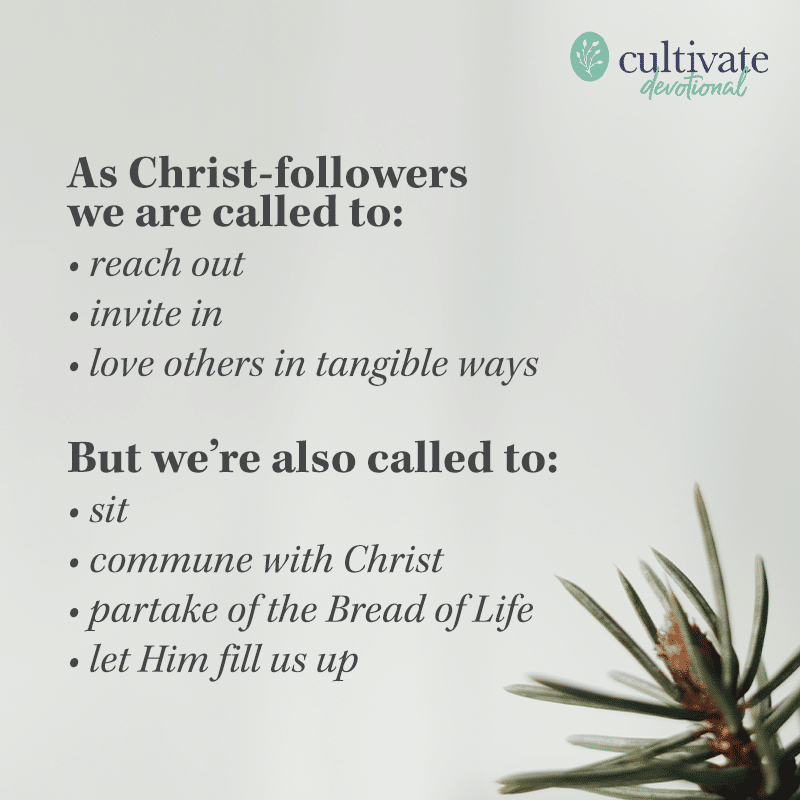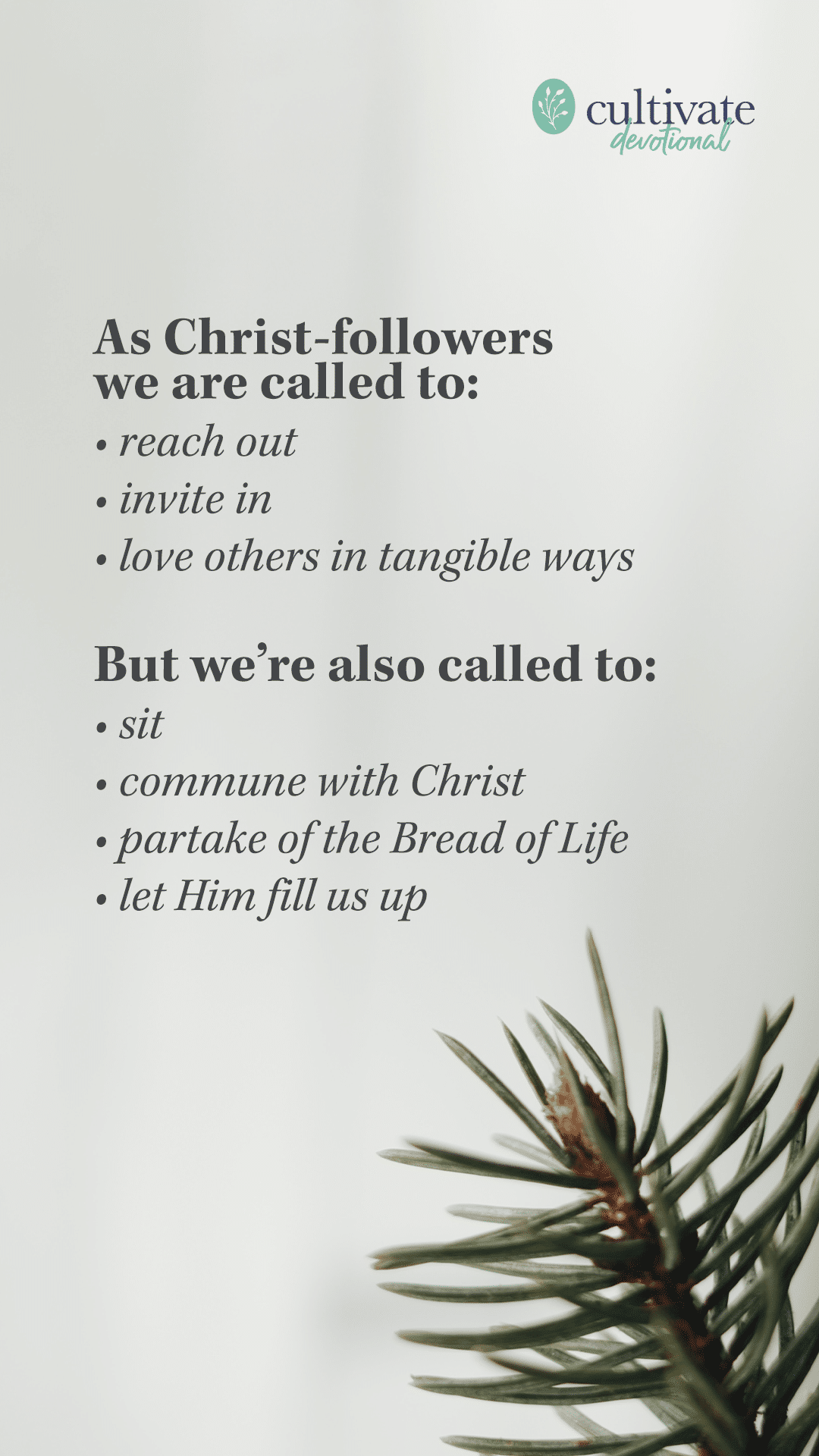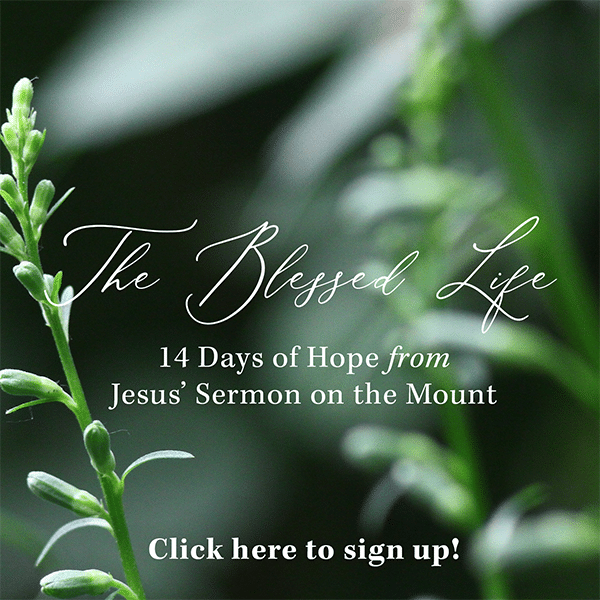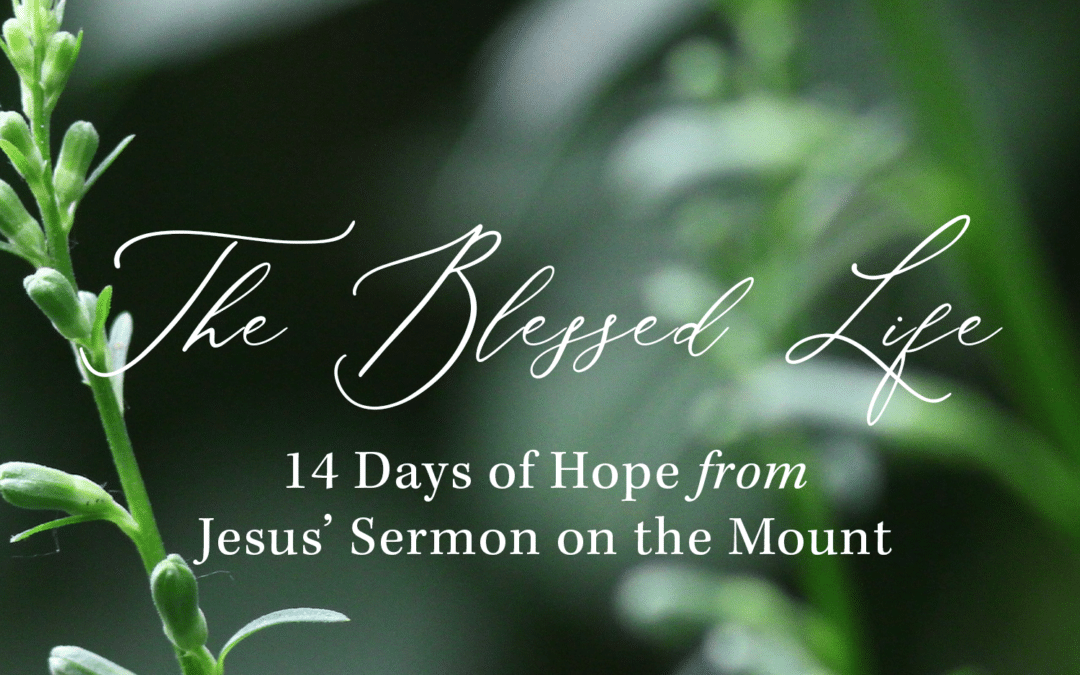I don’t know how far spring has descended into your life, but for Nashvillians, we’re in the blissful middle of low-seventies and green buds. I have a single tulip that, with admirable resistance, has pushed forth her blush petals against the frost and chill of...

The Hope of Lent
I didn’t grow up in a Christian tradition that observed Lent. It wasn’t until my late twenties, when I was going through a terrible time in my life, that I began to observe it. It was one of those seasons where I was stuck. Stuck in my sin. Tangled in counterproductive thinking. Sinking. I didn’t know how to get free. I needed someone to deal a severing blow to the invisible cords binding me.
That’s when a counselor I was seeing at the time said, “How about Lent?” I’d always thought of Lent as a legalistic, religious type thing where people gave up chocolate or chips or soda to have a better shot at getting into heaven. At the very least, his suggestion seemed woefully short of what I needed. He encouraged me to set something meaningful aside during the 46 days between Ash Wednesday and Easter, not to earn God’s favor, but to make more room for Jesus. I don’t remember all the details of how that season went, only that what I gave up was a true sacrifice for me and by the time Easter arrived, something had changed. In a good way. I had more freedom in areas I previously hadn’t. And I’d drawn closer to Christ, partly because I’d made more room for Him by giving up what had previously taken up space.
To be sure, Lent isn’t a magical formula that strong-arms God into doing what we want. No. It’s a practice. It’s a drawing closer to the Lord. It’s letting Him know that He matters to us, not by our mere words but through our intentional actions. As we focus on Jesus, and less on ourselves, we find healing. But, more importantly, we find Him.
I don’t know what you’re going through at the moment, but I wonder what you might lay aside so something new can grow in its place. No matter how many days are left until we celebrate Easter, it’s not too late to focus on the cross of Jesus and make room for Him.
This particular Lent I’ve been focusing in Luke’s Gospel on Jesus’s march toward Jerusalem, the place where He would ultimately lay down His life. On the road toward the cross, He met a woman who said, “Blessed is the womb that bore you and the one who nursed you” (Lk. 11:27)! In other words, this woman from the crowd recognized the importance of Jesus—to what degree we don’t know—and naturally understood His mother Mary to be exceedingly blessed as the one who bore and nursed Him. This is a logical conclusion. But Jesus’s response is both surprising and encouraging. He said, “Rather, blessed are those who hear the word of God and keep it” (Lk. 11:28).
As I read those words, my soul was lifted. I was reminded that to be blessed in this world isn’t to have a nicer house, a more lucrative job, a husband, or for the people around me to better meet my needs (all good things and blessings in their proper place). To be blessed doesn’t solely belong to Mary, the mother of Jesus. To be blessed, truly thriving in this world, is to listen intently to the Word of God and obey accordingly.
Are you holding back obedience to the Lord? Is there any area of your life you’re clinging to? Is there a place for you to make more room for the Living God?
As we move toward Easter, we can intentionally do both of these things (listening and doing). Perhaps we lay something aside so we have more time to listen, or simply more quiet to listen. And hopefully, our listening to God speak through Scripture will lead to greater obedience. And as we especially focus on the sacrifice of Christ, the triumph of His resurrection will shine even brighter against such a scandalous backdrop. I love Paul’s words in Romans 5:10, “For if, while we were enemies, we were reconciled to God through the death of his Son, then how much more, having been reconciled, will we be saved by his life.”
I suppose Lent is a time to focus on the death of Jesus, His inestimable sacrifice for each of us. And Easter is the opportunity to focus on His resurrection, His life that saves us even now!
*Download the graphic below to share on your socials. Don’t forget to tag @kelly_minter on Instagram and @KellyMinterAuthor on Facebook! Click the button below to open in a new tab, then right-click on the image to download.



